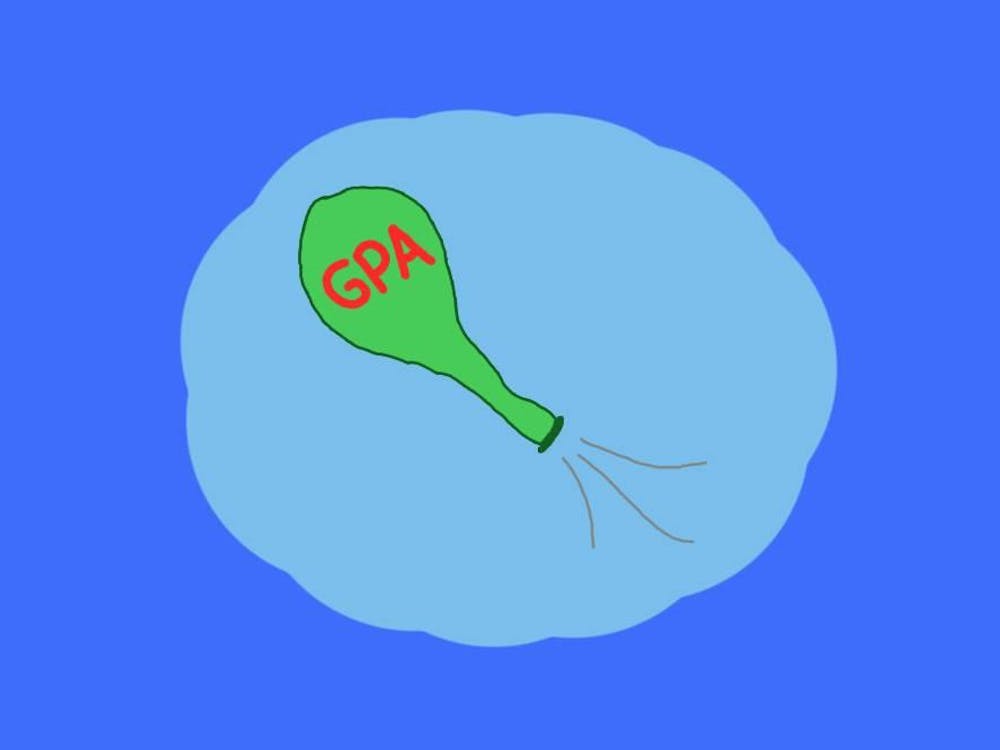PEOPLE swear to things all the time. They swear they will never drink again, never speed again, never smoke again, and even never date again. But Tuesday, Virginia "leaped" into a new oath - voters swore they wouldn't vote again.
A bill passed by the Virginia General Assembly required that voters sign a pledge before voting in the Republican primary; the pledge stated that the undersigned would not participate in the presidential nominating process for any other party.
The pledge is completely constitutional - though often misunderstood, as evidenced by several reactions at the polls on Tuesday. People debated the merits of the pledge with those of us working as elections officials, tried to find ways to get around it, and even asked if anyone would really check - "wink wink." A certain politics professor even wrote a "p.s." at the bottom of his paper. Some barely read it - they just signed and moved on. What many may have failed to realize is that not only is such a requirement valid, it is vital - as an attempt to preserve the integrity of our often questionable nominating process.
Virginia is an open primary state, meaning that voters do not register by party, and they may vote in either party's nominating process. This year, the Democrats in Virginia decided to determine their delegates' votes by caucus, and the Republicans put it to a vote at the polls. As a result, any registered voter in Virginia could have had a say in Tuesday's primary.
A primary is essentially a weeding out process for the general election. When a voter casts his vote in a primary, he is in effect saying that this is the candidate he feels deserves the party's backing. Whomever the party selects as its candidate also will receive a ton of support in the form of money - money given to the party, yet in effect distributed by primary voters. A corruption of the primary process is a misdirection of funds and effort.
Working under that theory, you might think all the states would move to closed primaries and registration by party. Not so, especially in Virginia. Party loyalties change with the times. No one should be tied down to one party's membership or ideology - party platforms just aren't that clear cut. Instead, it is better to let people decide on a yearly basis which party suits their personal platform, and then let them select a person to run under that party's banner.
A system such as this easily is used for nefarious purposes. Rather than going to the polls in the spirit of endorsement, those who would rather tear down the party than give it a strong leader could use the primary as a wedge - casting an "anti-vote." Gov. James S. Gilmore III (R-Va.) even spoke out against cross-overs with wicked intentions, saying, "No one should be invited to come in for bad purposes and then run right back out to the Democrat Party to vote for Al Gore - that's not the American way." ("McCain visits N. Va., trying to halt Bush 'machine,'" The Washington Post, Feb. 28). I doubt he meant that voting for Al Gore isn't the "American way" - rather, using one's vote to injure part of our democratic process is hardly a noble goal.
The illustrious professor mentioned above happens to be the University's Larry Sabato, who showed up at my polling place on Tuesday. He signed the pledge quickly, proudly pointing out his note at the bottom - he assures me that a federal judge told him adding notes was legit. Under the printed lines it read: "P.S. I am an INDEPENDENT and I will vote in any taxpayer-sponsored election." The professor assures me that he would do the same in any party's election, and that his fervent desire to vote stems from his days as a student activist for the passage of the 26th amendment, which lowered the voting age to 18. Since then he has proudly voted in every single election, and he refuses to miss one now, pledge or no pledge.
Sabato's comments bring up a more important point. In the end, we all have to live with this president. It's not just about partisanship. If everyone concentrated on instating the weaker candidate in the other party, what would we be left with? Two weak, perhaps even incompetent, candidates. We don't want politics to be survival of the sub-par. People should vote for Texas Gov. George W. Bush or Arizona Sen. John McCain because they've seen their platforms, and think they should lead the party and the nation. A pledge at the polls is just a simple reminder of why you're really there.




